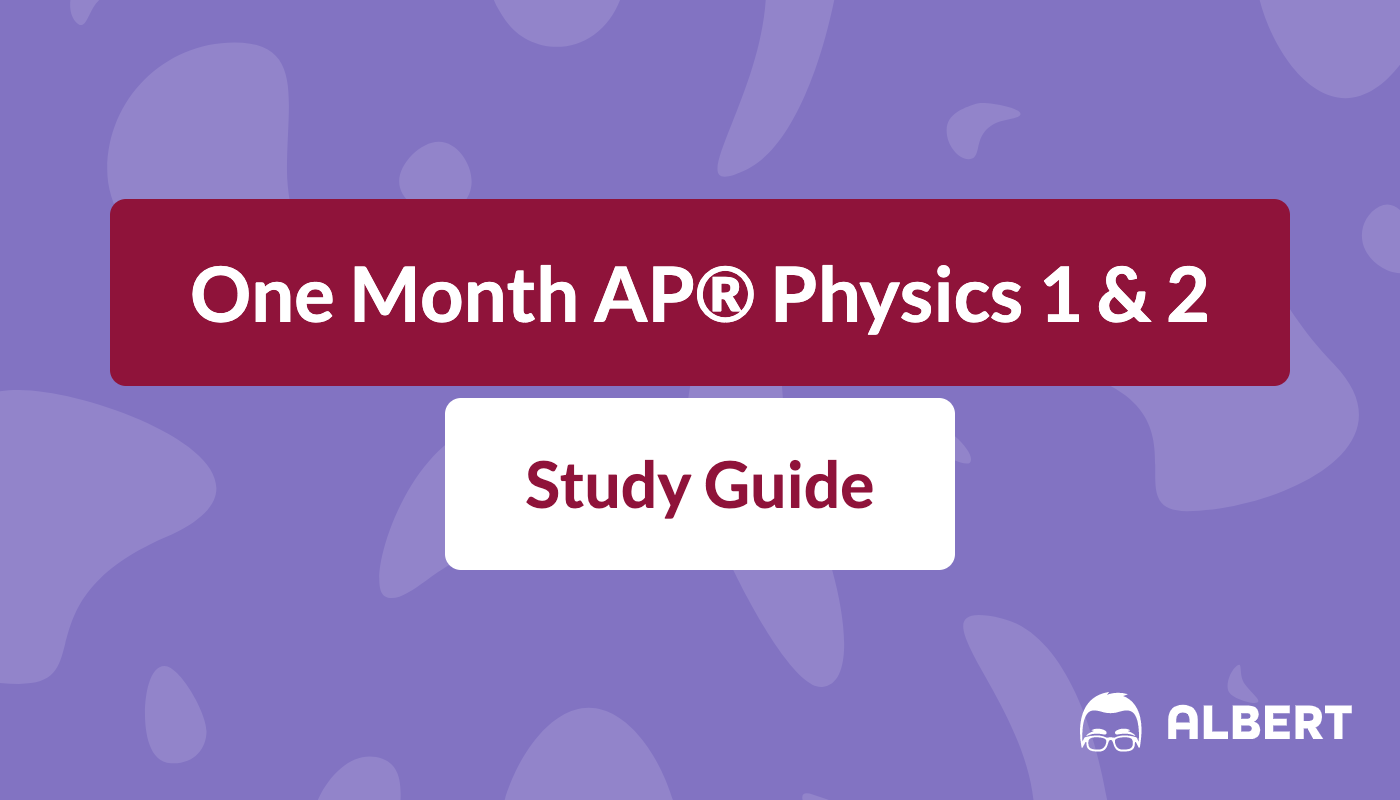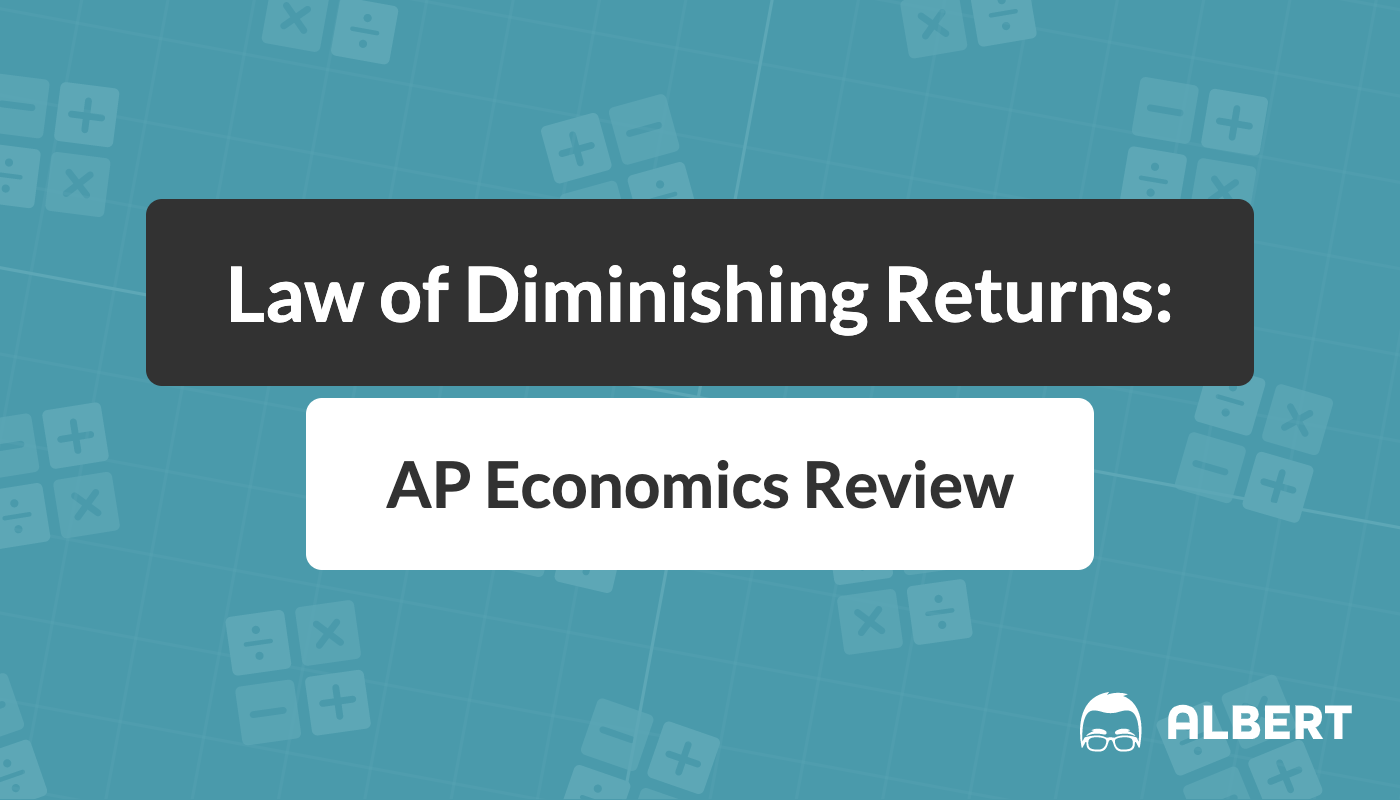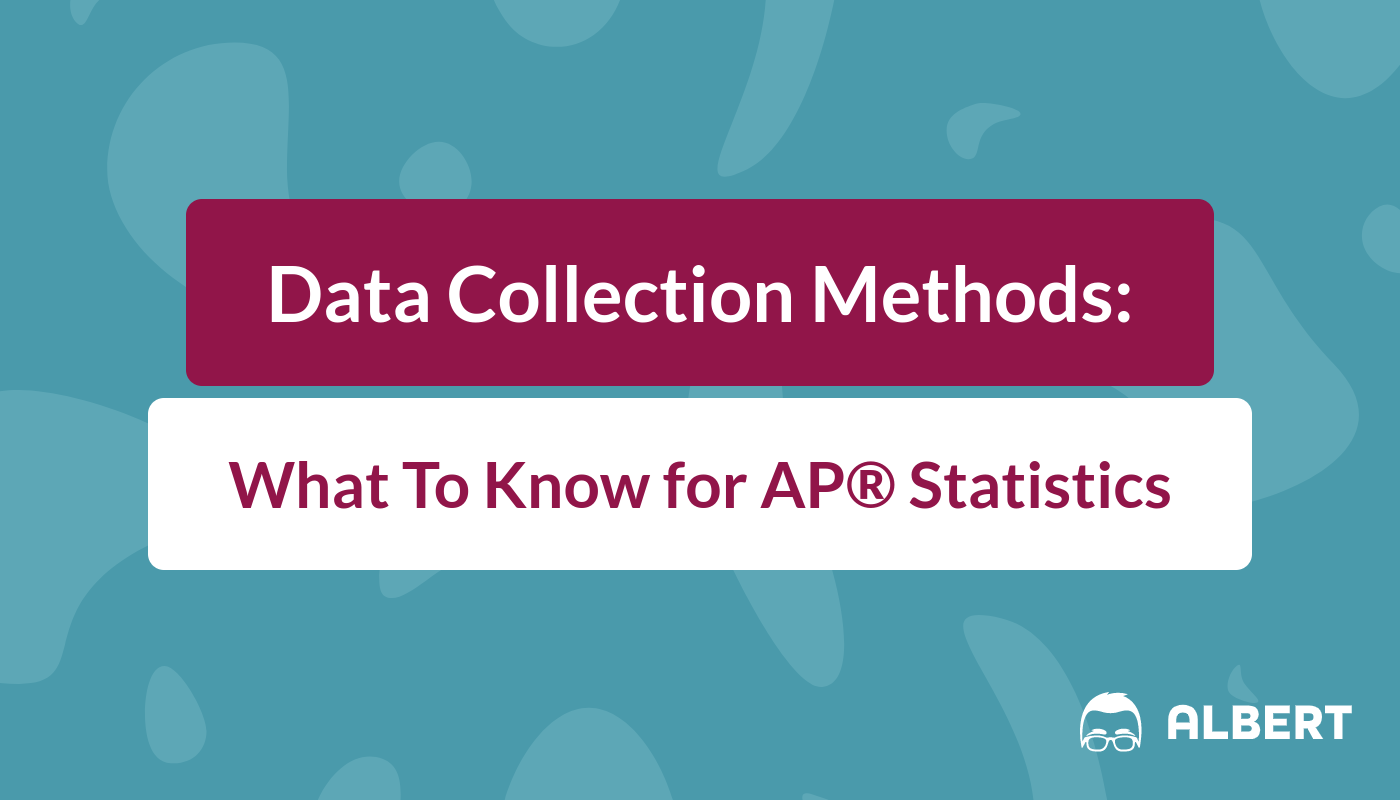How to Score Your Own AP® English Language Practice Essay
Practice makes perfect, which makes completing practice free response questions advantageous to the student. Figuring out how you did; however, is more difficult than it seems. As the writer, you have a certain bias that may make it more difficult to grade your own practice essay, but it can be done.










